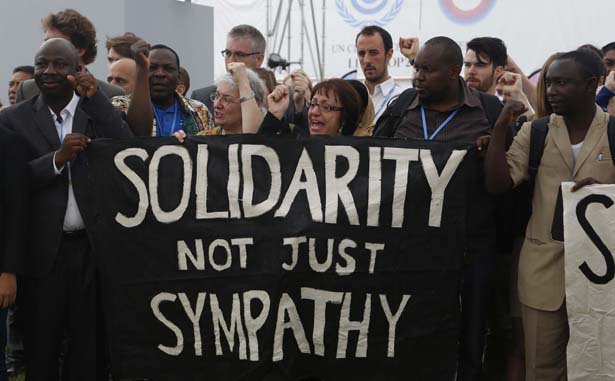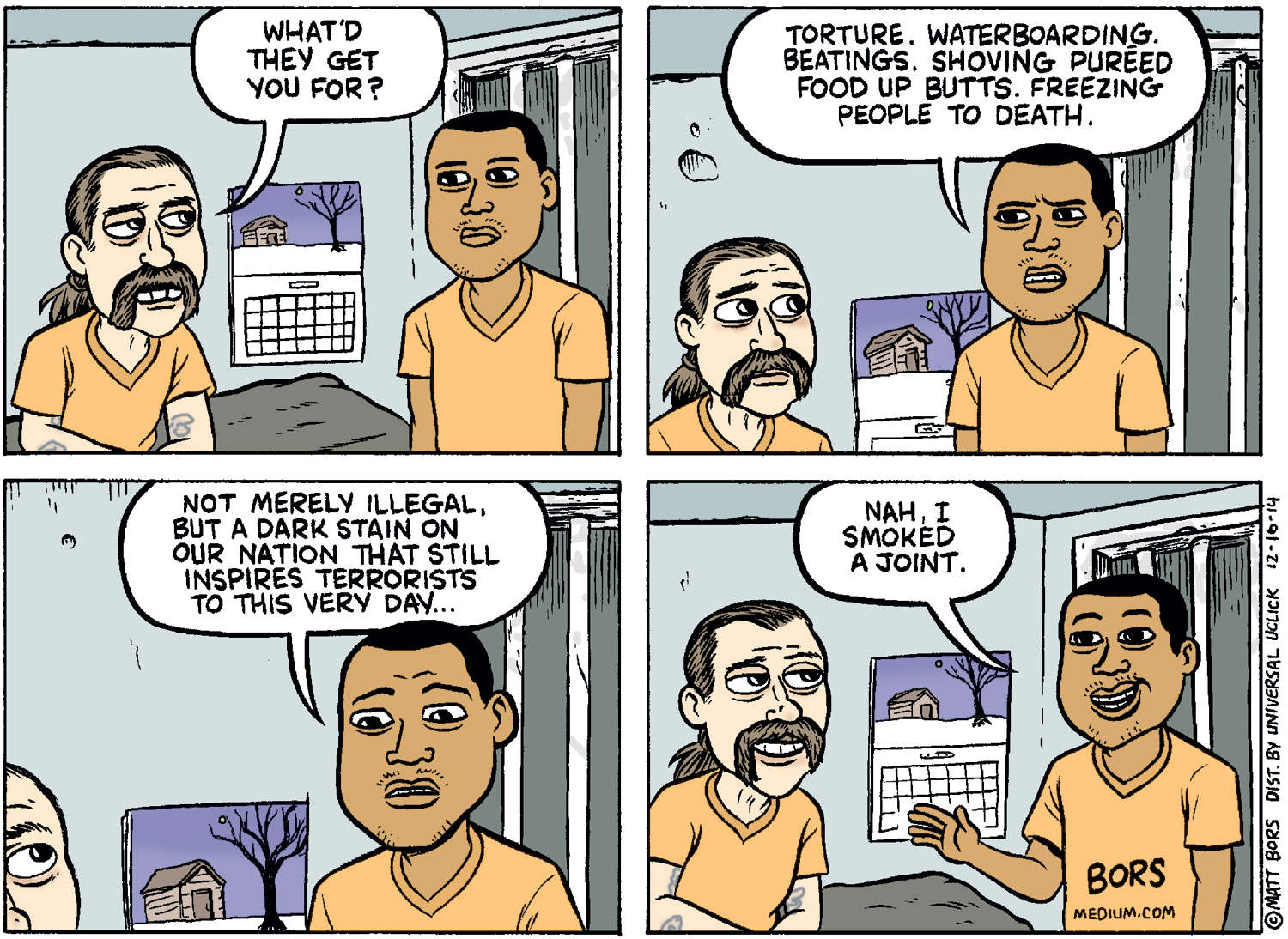Calvino!
Thanks so much to Aaron Thier for his wonderful and informative article on Italo Calvino [“Calculators and Butterflies,” Nov. 24]. I was so impressed by Calvino’s philosophies and writing style that I immediately went online and purchased a copy of Difficult Loves, principally for the short story “Smog.”
Robert Fuller
hayward, calif.
Slavery and Capitalism
I enjoyed “Apostles of Growth,” by Timothy Shenk [Nov. 24]. I recommend an excellent book, Reservation “Capitalism”: Economic Development in Indian Country, about Native American capitalism from pre-invasion to the present. It’s by Robert Miller, who taught Indian law at Lewis and Clark College.
Eugene Johnson
milwaukie, ore.
Timothy Shenk’s “Apostles of Growth” matches an incisive assessment of how slavery in the United States figures centrally in new histories of capitalism with a demonstration of why that matters to progressive politics. What is lacking, and not without irony, is attention to a longer history of engaged scholarship that has demonstrated the ways slavery was integral and internal to modern capitalism as it was forged in the Americas. The groundbreaking work of anthropologists Eric Wolf and Sidney Mintz foreshadows and, one can only hypothesize, informs the work of the historians to whom Shenk refers. Some nod to this precedent would have been welcome, especially given the deep and productive entanglements of history and anthropology today.
Oren Kosansky
portland, ore.
Shenk Replies
I am grateful to Oren Kosansky for allowing me to correct an omission made to prevent an already lengthy essay from becoming even longer. He is right to draw attention to the importance of Eric Wolf’s and Sidney Mintz’s writings; but, as I am sure he is well aware, the list of major antecedents to the newest students of slavery’s relationship to capitalism extends well beyond these two scholars. Eric Williams’s classic 1944 Capitalism and Slavery remains an essential starting point for any serious consideration of the topic, and Williams has worthy successors in more recent figures such as Ira Berlin, Robin Blackburn, Barbara Fields, Cedric Robinson, Seth Rockman and Stephanie Smallwood.
But even now our scope is too limited. If Christopher Hayes is right to argue, as he has in these pages, that the emancipation of 4 million enslaved Americans in the nineteenth century provides the most useful precedent for opponents of climate change today, then we must also study the connection between capitalism and abolitionism. Here, David Brion Davis, Eric Foner and James Oakes supply indispensable guidance, but they are just three contributors to a much larger field. Even if our concern is restricted to slavery’s relationship with economic growth, no discussion is complete without reflecting on Robert Fogel and Stanley Engerman. Trained as economists, they depicted antebellum slavery as a thriving system in their 1974 work Time on the Cross, which appeared decades before historians of capitalism took their own path to a similar conclusion. That book sparked a fiery controversy upon its release, further widening the division between historians and economists. Much of the template it relied on, however, was already apparent in Fogel’s first book. There, as in Time on the Cross, Fogel used techniques developed by mid-century economists to reframe a question fiercely debated among historians. In this earlier case, the subject was not slavery but railroads. Yet Fogel’s larger concerns were characteristic of their moment, and evident from the book’s title alone: Railroads and American Economic Growth.
Timothy Shenk
new york city
Questions for Pro-Lifers
I’d like to add another to Katha Pollitt’s excellent list of “Questions for Pro-Lifers” [Nov. 24]: far more fetuses are lost by miscarriage than abortion, a significant number of them caused by preventable conditions such as inadequate nutrition and healthcare. Since you’re concerned about the life of the fetus, isn’t it equally (or more) important to ensure that every woman of childbearing age is guaranteed basic healthcare, nutrition, and safe and healthy living conditions?
Ken Jones
yakima, wash.
I would add one more question: If “personhood” begins at conception, what (if anything) would you do to limit corporate practices that threaten fetuses in the womb (i.e., fracking, GMOs, toxic waste, etc.)?
Cait McKnelly
I’d add: Are you against the death penalty? Why haven’t we heard you speak out against capital punishment? We haven’t seen you demonstrate at executions at penitentiaries, but you do at abortion clinics. You claim to be Christian, yet you don’t let that pesky Commandment get in the way.
Michael Miller Jr.
philadelphia
“Personhood” and related ideas are contrary to the concepts of Judaism, which do not consider an unborn fetus a nefesh, or complete human being. It is dependent on the mother; thus, ending its existence is not deemed murder. Also, in Judaism the life of the mother is paramount; if her life is threatened by a fetus, Jewish law requires an end to the fetus. Amjpnc
Point 5, “Men,” in Katha Pollitt’s list is the key. The pro-life movement’s male supporters know they will never, ever have to face the hard choices faced by a woman with an unwanted pregnancy. We can’t change that, but we can change that men get off scot-free.
Until such time as it is shown that women can make themselves pregnant, I propose we institute a universal “dick tax.” (Think of it as honoring Nixon and Cheney.) The dick tax would be a flat fee of $100 annually for every US male over the age of 14. Dick tax avoiders would be excluded from all government benefits, as well as driver’s licenses, hunting and fishing licenses, concealed-carry permits, etc. Such a tax would raise some $15 billion a year and could be used to support women with prenatal care, childcare and education. Men who could prove they are incapable of impregnating someone would be exempt.
Haydon Rochester Jr.
onancock, va.
Unsung Masters
Readers may be interested to know that a collection of poems by Catherine Breese Davis (1924–2002), author of “The Summer Leaves” [Nov. 10], will be published in the Unsung Masters series, accompanied by essays, in June 2015.
Martha Collins, Kevin Prufer, Martin Rock, co-editors
cambridge, mass.; houston Read More
Our Readers and Timothy Shenk
















